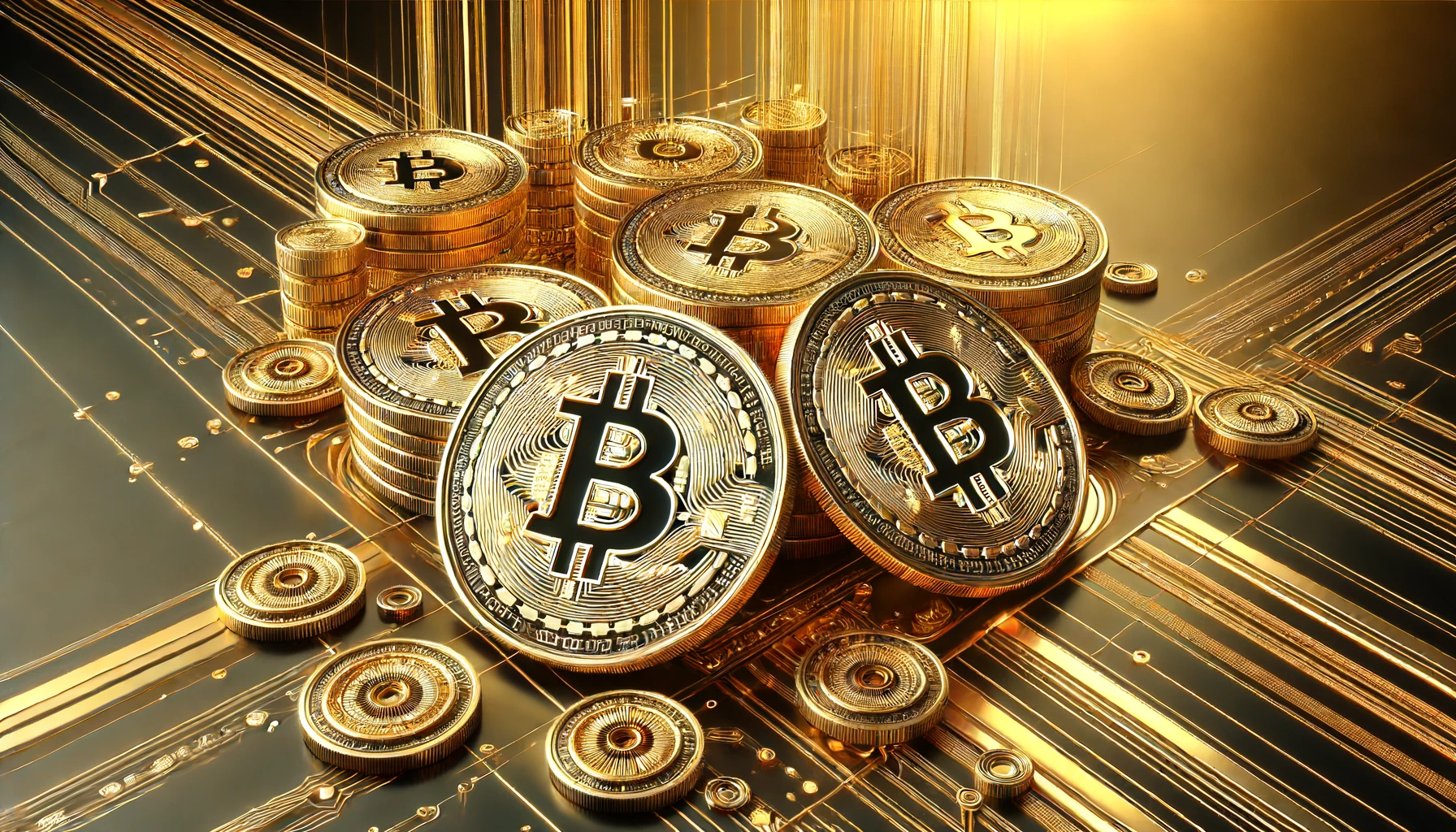Points
- A federal judge ruled that XRP is not a security in most contexts, benefiting Ripple and the U.S. crypto industry.
- The ruling removes uncertainty, making XRP more attractive to institutional investors and banks.
- Analysts predict increased investment in Ripple due to legal clarity, potentially driving up demand and liquidity.
On July 13, 2024, a federal judge definitively ruled that XRP does not violate securities laws in most contexts. This ruling benefits Ripple and the entire U.S. crypto industry by removing a significant source of uncertainty and making XRP more attractive to institutional investors and banks.
Legal Clarity Boosts Investor Confidence
The court’s decision provides much-needed regulatory clarity, encouraging more institutional investors to consider XRP as a viable asset. Previously hindered by regulatory ambiguity, banks and financial institutions can now explore XRP with greater confidence. This legal clarity is expected to boost demand and liquidity for XRP, potentially propelling its price to new highs.
#XRP has to flip 0.50c & 99MA.
I feel the #XRP monster is hungry for a standalone feast & will suck all the liquidity as the only digital asset with legal clarity and regulatory. #XRPArmy STAY STEADY pic.twitter.com/q1pYxNKjtF
https://twitter.com/egragcrypto/status/1811984131166748977
The ruling positions Ripple favorably within the crypto market, potentially leading to increased investment and adoption of its technology. Analysts predict that the newfound legal clarity will attract significant investment, driving up demand and liquidity for XRP. This could result in an explosive all-time high (ATH) for XRP, reflecting its strengthened market position.
Impact on the U.S. Crypto Industry
The SEC’s ongoing battles with crypto businesses have raised concerns about the industry’s future in the U.S. However, this ruling signals a potential shift in favor of crypto companies, setting a precedent for future regulatory decisions. The outcome of this case could influence how other cryptocurrencies are regulated, providing a more predictable and stable environment for the industry.
Conclusion
The federal court ruling that XRP is not a security in most contexts is a significant victory for Ripple and the U.S. crypto industry. This legal clarity boosts investor confidence, potentially driving up demand and liquidity for XRP. As Ripple continues to advance its technology and attract institutional investment, XRP could reach new explosive all-time highs.
